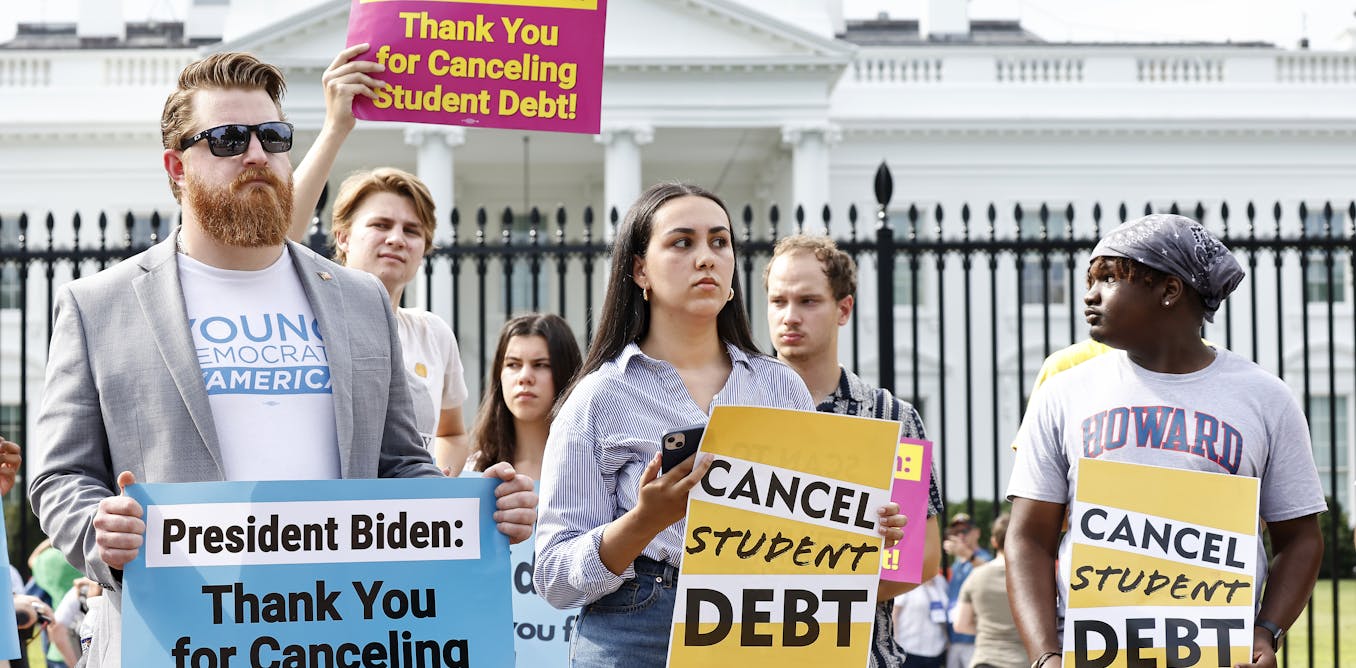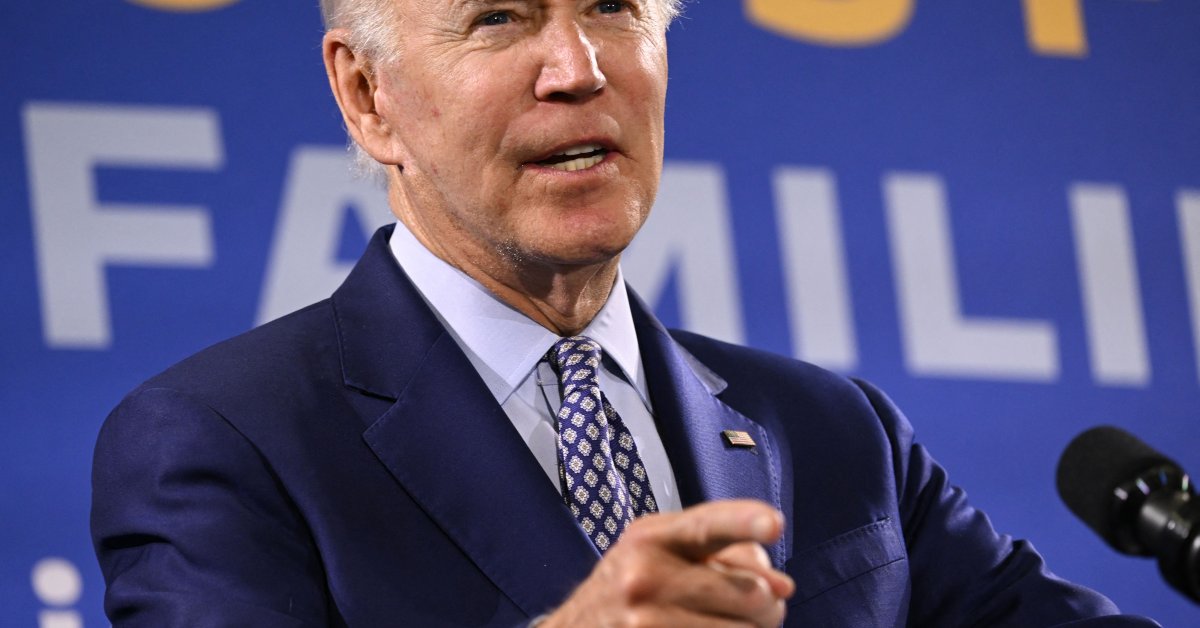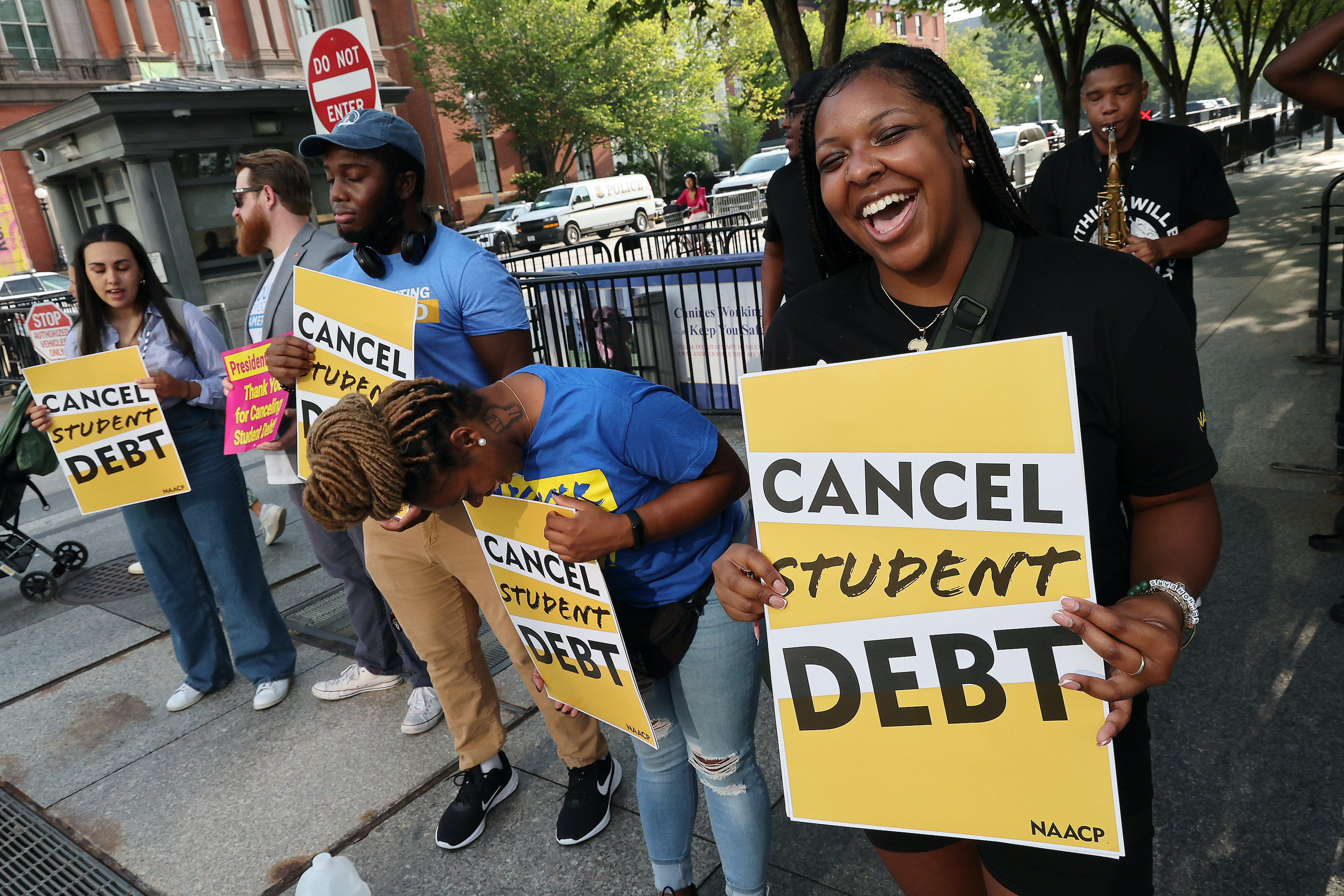The Facts
On Tuesday, Biden announced that the student loan payment pause will be extended further while litigation against his student loan forgiveness program plays out. Student loans were expected to enter repayment in January 2023. Repayment will now begin either 60 days after the debt-forgiveness program begins, or after the litigation is resolved.
Miguel Cardona, the Sec. of Education, explained the extension saying it would be unfair to require loan borrowers to make payments toward a debt that may yet be forgiven.
The Spin
Republican narrative
Biden's loan-forgiveness plan places an unfair burden on hard-working American tax payers. Surely he can't believe it stands a chance of surviving the numerous lawsuits, or the upcoming scrutiny it will get from a Republican-led House next year. Extending the pause is just a way to make it look like the president is doing all he can to keep the plan alive, even if he promised he wouldn’t extend the payback deadline the last time he pushed it back.
Democratic narrative
Student debt relief is still vital to strengthening the middle class. Republicans seemingly either want to keep their constituents in perennial debt, or are afraid of giving Biden a win on this matter. Either way, their lawsuits are all baseless, and this pause extension makes sense because people shouldn’t be asked to pay down a debt that will be totally forgiven in the near future.
Cynical narrative
Borrowers are rightly outraged at this political fight over debt relief, but they shouldn’t be surprised, as neither party seems to want to lawfully make changes to the student-loan industry. And regardless of how this current battle plays out, the nation will be right back at the same level of debt as soon as 2028. Instead of executive orders and rogue actions, solid, cohesive reform legislation are needed from Congress to prevent students from excessively borrowing in the first place.




